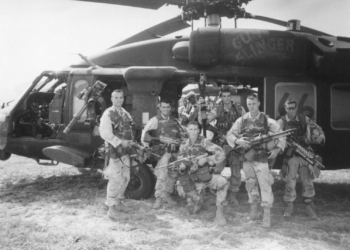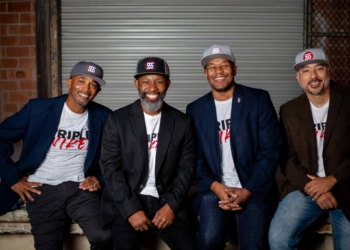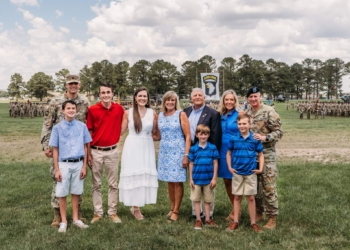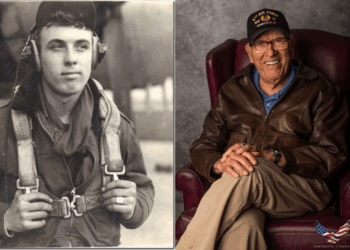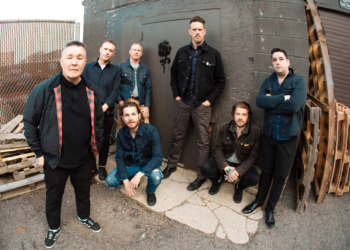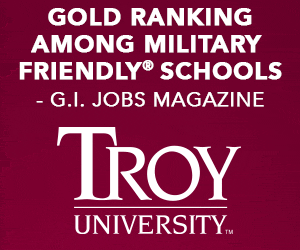As an engineer and demolition expert on a Special Forces team, Ryan Hendrickson knows quite a bit about explosives. Nearly 15 years ago, he stepped on an improvised explosives devices (IED) that nearly took his life. Now he’s using his skills for landmine removal in Ukraine.
Hendrickson enlisted in the Navy in 1997, then transitioned into the Air Force for a few years before joining the Army and becoming a Green Beret. He served multiple deployments to Afghanistan, where, in 2010, he was severely injured by an IED blast. Despite enduring 28 surgeries, he returned to active duty and was later awarded a Silver Star.
In 2020, he retired from the military but continued his work as a government contractor. He founded Tip of the Spear Landmine Removal to help clear dangerous areas for civilians in conflict zones. He is also an advocate for veterans’ mental health and the author of “Tip of the Spear: The Incredible Story of an Injured Green Beret’s Return to Battle.”
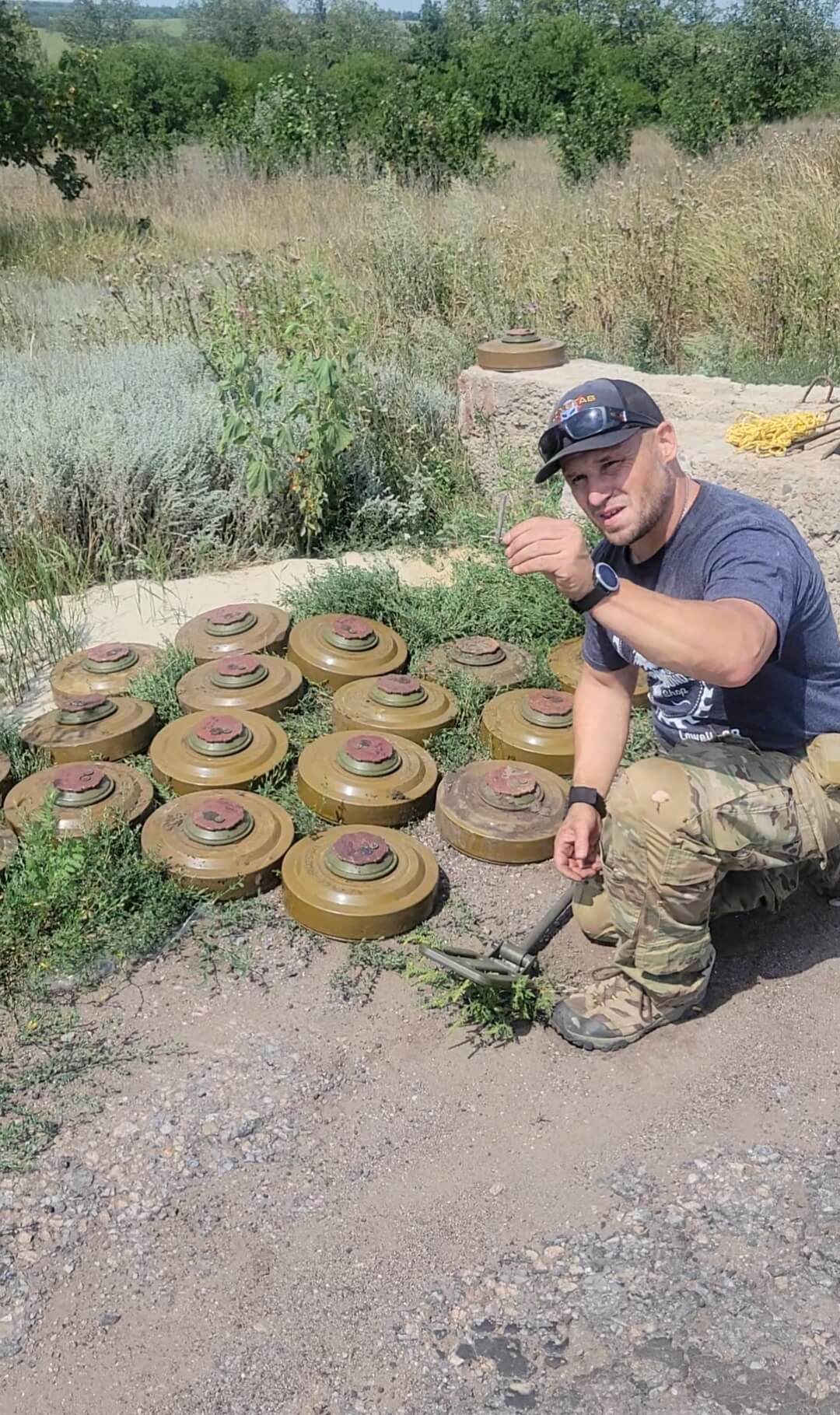
“After our withdrawal from Afghanistan, I found myself without a purpose and in a dark place in my life,” Hendrickson said. “When the Russians initiated the full-scale invasion of Ukraine in 2022, I found myself watching my TV daily having this nagging feeling that there’s something more I could be doing to help. Just a month later I was packing my bags and heading to Ukraine.”
At the start, Hendrickson was working with a missionary organization that was focused on evacuating women and children from areas being occupied by Russian forces. Then in April 2022, as the Russians withdrew to the east, civilians started returning to their homes to assess the damage and rebuild their lives.
This marked a sharp increase in civilian casualties due to landmines and unexploded ordnance.
“Because of my eight deployments to Afghanistan dealing with landmines and IEDs, I knew I could help,” Hendrickson said. “I started partnering with Ukrainian teams that were sent into these areas to remove landmines and UXOs, training them and equipping them with mine detectors and safety equipment.
“As the need grew over the months, I started fundraising for more equipment that I would donate to the team and together we would go to areas that were heavily mined and conduct demining operations.”
The first trip to Ukraine was a powerful and intense experience, he explained.
At the time, the country had only endured the full-scale invasion for about a month, and the situation felt chaotic. The team drove vans and buses to evacuation points and transported people to safety, often in Kyiv, before arranging their transfer to neighboring countries like Poland and Romania.
The work was demanding, with daily efforts to evacuate civilians and deliver food and medical supplies to areas recently abandoned by Russian forces.
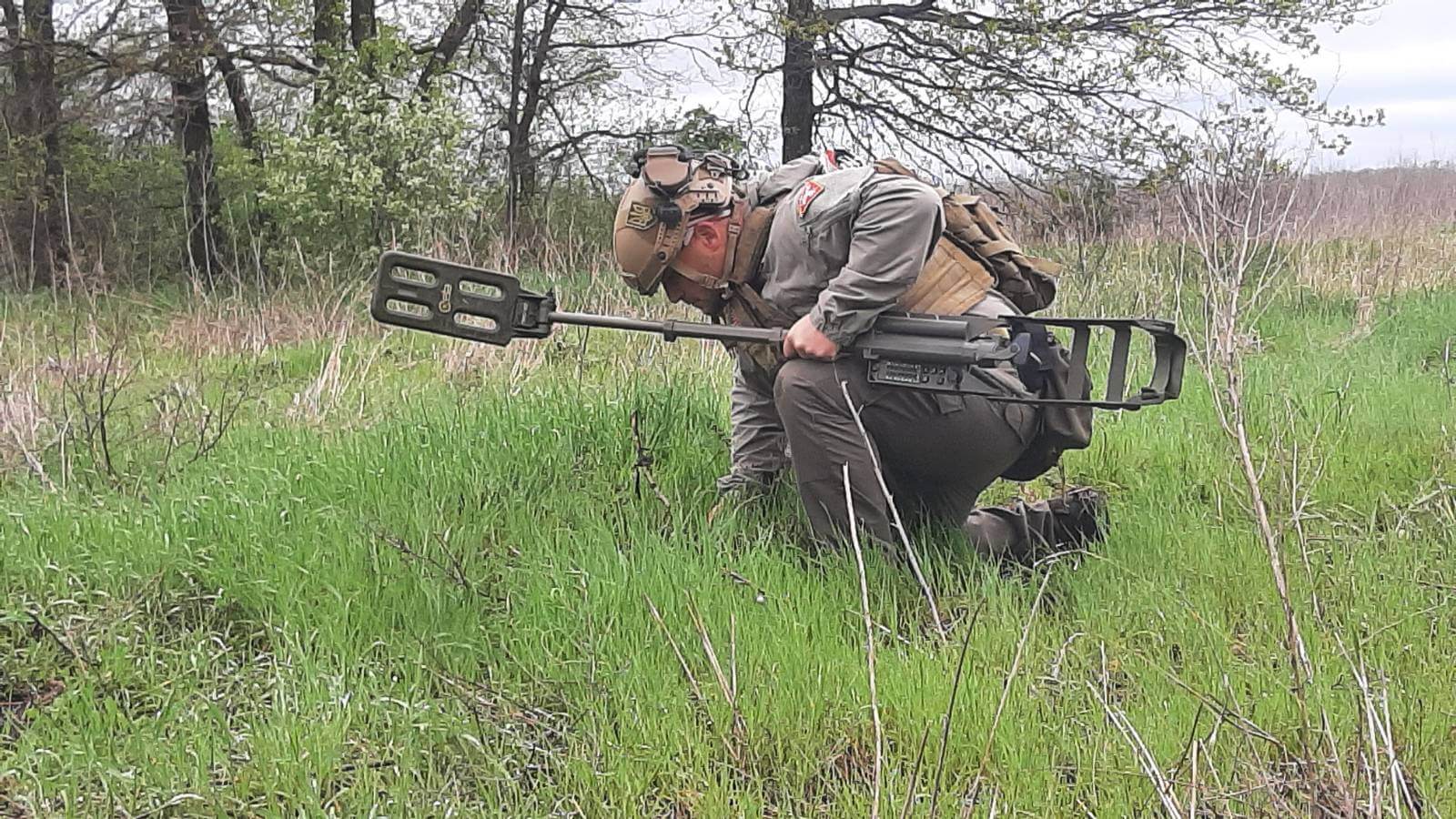
“Over the three months spent in Ukraine, the mission was incredibly fulfilling and reignited a sense of purpose,” Hendrickson said. “Despite language barriers, the gratitude of the Ukrainians who were rescued created a meaningful and impactful experience for me. One amusing moment was when many Ukrainians were surprised that an American could drive a manual transmission vehicle, as they were used to hearing that Americans only drove automatics.”
Since the war started, Hendrickson has gone to Ukraine nine times and often spends upward of six months out of the year removing landmines.
“Ukraine stands as the world’s largest minefield, and the enormity of the task ahead drives me to return there time and again,” he said. “While our nonprofit is international, the scale of the landmine crisis in Ukraine keeps me deeply committed to the cause.”
Tip of the Spear Landmine Removal is a veteran-owned and operated organization, and they’ve been able to partner with Ukrainian demining groups composed of veterans as well.
“Many of the Ukrainians on our team are war veterans who, though unable to serve in combat due to injuries, continue their service by clearing the landmines threatening their homeland,” Hendrickson said. “The work we do, side by side with our Ukrainian counterparts, offers a profound sense of purpose — something especially meaningful for U.S. veterans. It serves as an avenue for healing, particularly for those of us who still carry the emotional scars from the way we left Afghanistan.
“Our motto says it all: ‘U.S. veterans working together with Ukrainian veterans for a mine-free Ukraine.’”














